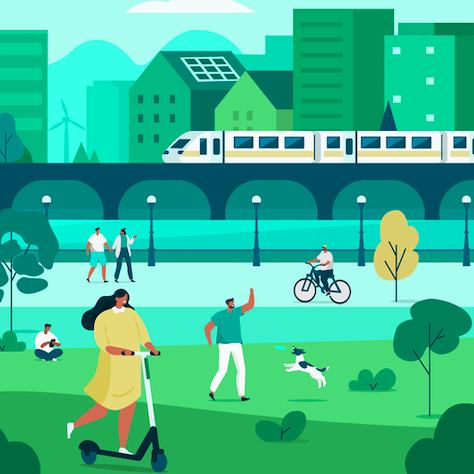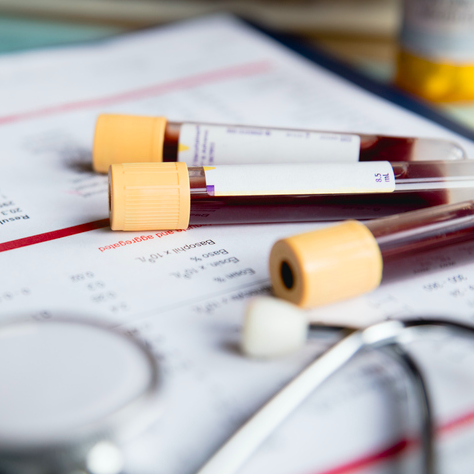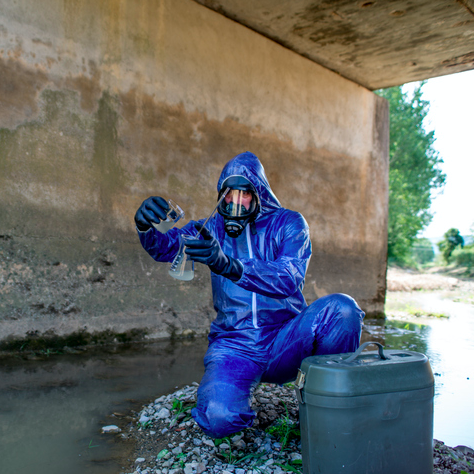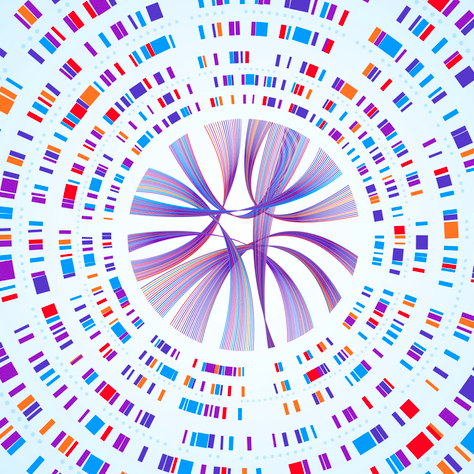
Projects
We have an expanding list of projects in development. View our current projects below.
We are also excited to announce that we are co-sponsoring a season of Research Assistant and PhD Candidate Claudia Hirtenfelder’s The Animal Turn podcast on Biosecurity. Check out the episodes here: https://www.theanimalturnpodcast.com/s5-animals-and-biosecurity-1/s5e1%3A-biosecurity-with-stephen-hinchliffe-

Political Ecologies of Bioinformation
Biotechnology companies are surveilling more-than-human life at unprecedented scales. One of the first firms to detect COVID-19 as a possible pandemic was Toronto-based Blue Dot, which used big data sources such as airline ticket info and public health reports to flag a cluster of flu-like cases in Wuhan as a potential concern. Meanwhile other biotech companies are advancing metagenomic sequencing to test bodily fluids (urine, blood, cerebrospinal fluid) en masse to detect emerging infectious disease microbes like viruses, bacteria, and fungi.

Wastewater-Based Epidemiology and Urban Governance
Once novel viruses are established within populations, virus hunters are desperate to track their travels and evolutions, especially in densely populated areas such as cities. New start-up biotechnology firms like the US-based BioBot are hunting coronaviruses in cities using biomarkers from municipal sewage, and are expanding their wastewater epidemiology techniques to assess new viral threats across the globe, from Kuwait to South Korea. Indeed, while wastewater-based epidemiology has existed for decades, this method of tracking disease has taken off in the COVID-19 pandemic and become increasingly normalized.

Contagion in Popular Culture
What do you know about contagious disease? That it originates in bats or monkeys? Often in particular countries or in experimental labs? Who tends to respond to threats-run-amok: the military? Government? The lone hero guiding a group of odd-ball survivors?

Genomic Sequence Data Sharing Across Borders
All places – countries, nations, neighbourhoods – are home to biological data or bioinformation. This data is both rooted in flora and fauna, and actively produced, as scientists gather information about local medicinal herbs or infectious pathogens in someone’s blood. The sharing – and often stealing – of genomic data has a colonial history; biocolonialism names the actions of scientists and countries extracting local bioinformation, such as medicinal herbs, and using them to profit and protect often higher-income populations in the Global North.